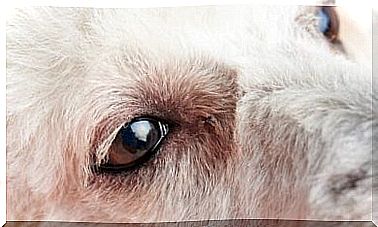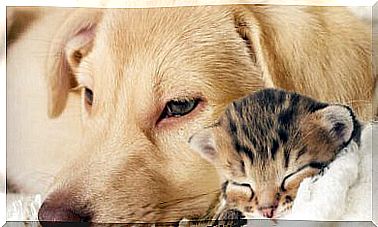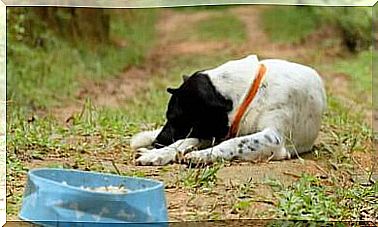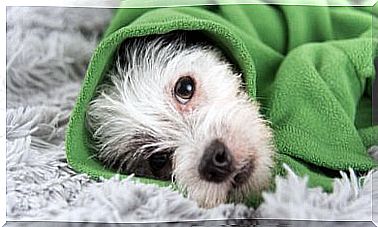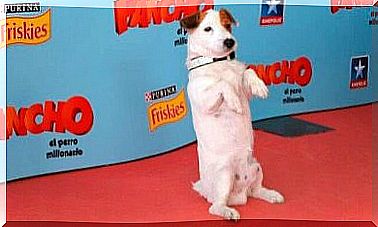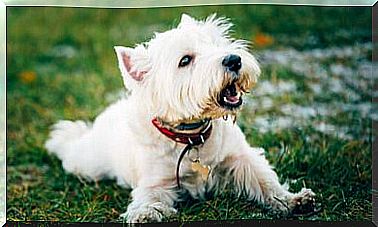Obsessive Compulsive Disorder In Dogs: Symptoms And Treatment
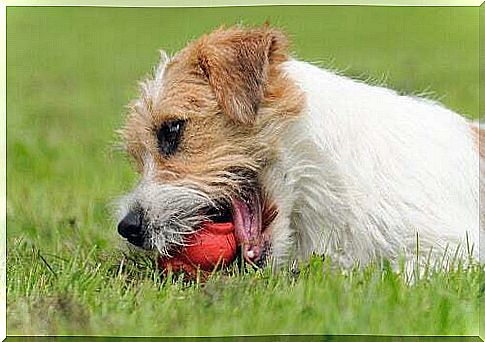
Obsessive Compulsive Disorder in Dogs or OCD is an anxiety-derived condition characterized by intrusive, recurring and persistent thoughts that produce fear and apprehension. In humans, there are many types of OCD, generally focusing on repetitive activities and patterns (repetitive disorders, computers, and accumulators among others).
Dogs can also suffer from this type of behavioral disorder. In this article we show you how to identify and what are the possible remedies to cure obsessive-compulsive disorder.
How do you know if your dog has OCD?
In most cases, since the animal cannot speak or perform overly complex functions, this disorder is identified with the obsessive repetition of certain behaviors, when they are not repeated, they are normal:
- Bark at other dogs, people and other animals.
- Scratches against surfaces in an exaggerated way.
- Dig for no reason.
- He licks more than normal.
- It chases its own tail.
- Chew furniture and household items.
- Go hunting for imaginary flies.
Obsessive Compulsive Disorder is closely related to the concept of stereotype. This is defined as behavior that is repeated over time without a clear purpose. Stereotypies aren’t always indicative of OCD, as they can manifest in stressful or inattentive situations and disappear over time once the problem is resolved.
However, in the case of this disorder, stereotypies usually appear early in the dog’s life and, far from disappearing, intensify over time. In general, these behaviors can become self-destructive, even causing self-inflicted physical harm:
- Lick dermatitis, which ends up causing an epidermal lesion.
- Bleeding from the foot pads, caused by persistently digging and scratching surfaces.
- Loss of hair, due to continuous licking and a prolonged state of anxiety.
- Various injuries and injuries.
In these cases, it doesn’t matter how domesticated the dog is, because after all, dogs are still living things that respond to their own survival instincts. So, if you observe any of these behaviors, you need to go to a vet immediately, as it is clear that something is wrong.
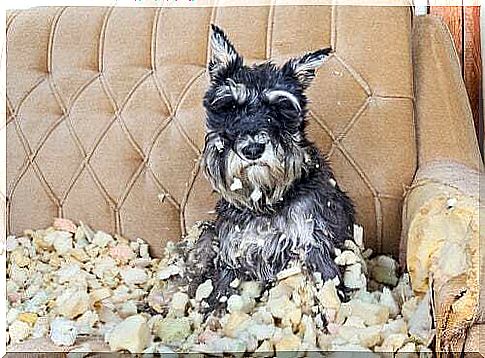
Causes of Obsessive Compulsive Disorder in Dogs
Dogs that are predisposed to anxiety or have a disease that changes or worsens their senses are more prone to obsessive-compulsive disorders. Hence, there is a clear physiological component of this condition.
However, it is clear that previous experiences and external factors will also be decisive. A history of repeated violence, neglect, confinement in confined spaces and many other factors related to abuse are closely related to this type of disorder in dogs.
Therefore, these types of pathologies, as well as stereotypes, are common in pets rescued from violent environments. This is why, before adopting a dog with a troubled past, it is necessary to be aware of the complications that a similar condition entails, both for the animal and for the owner.
We are not advising against giving a second chance to these poor mistreated dogs, as they are the ones who deserve it the most, but it is better that the owners have some experience in canine education but also time and patience to deal with the disease together.
Treatment
The help of a professional in the field of ethology and canine psychology is essential in dealing with a broad spectrum disorder such as OCD. For this, prolonged sessions aimed at modifying negative behaviors will be necessary. Keep in mind that the “re-education” of the animal is a slow process that requires patience.
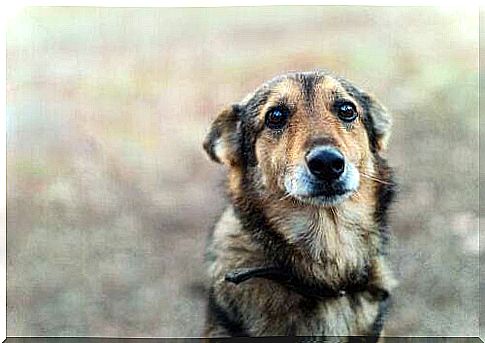
Depending on the severity of the behaviors or the trauma, the administration of a drug prescribed by the veterinarian may also be necessary, which in some cases must be given for life. There are specific anxiolytics and antidepressants for dogs.
Obsessive Compulsive Disorder is a difficult pathology to identify and deal with, but with patience, understanding and the right professional support it can be overcome, allowing the dog to live the happy life it deserves.
